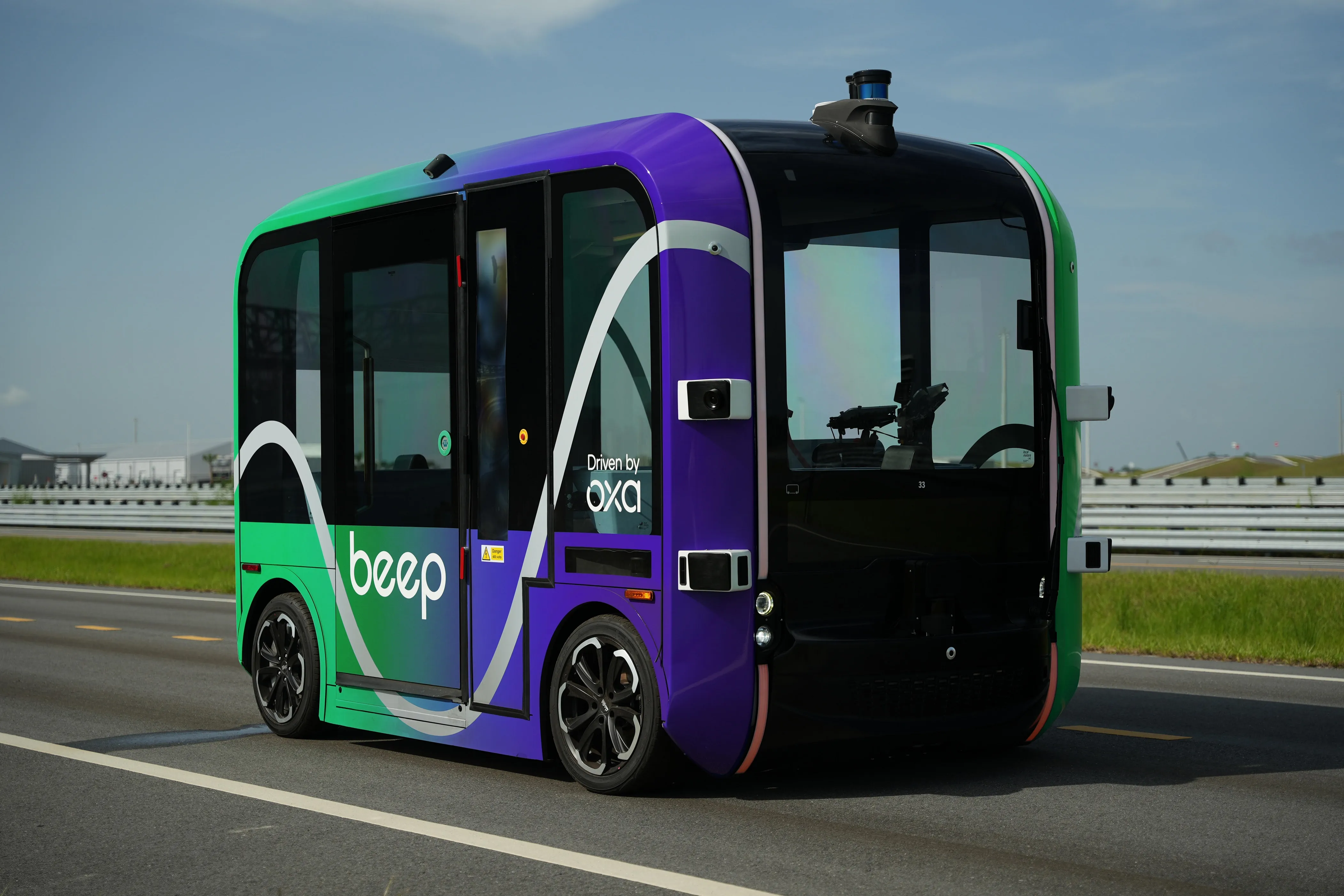Automotive giant
joint R&D facility in Singapore.
The combined team will work on solutions for driverless mobility, focusing on perception and deep learning,
to prepare autonomous vehicle (AV) technology for tests.
The companies call their memorandum of understanding a “stepping stone in a structured approach to AV
testing on public roads in Singapore”.
The city-state of Singapore is looking to AVs to improve its transport system, enhancing first- and last-
mile connectivity between peoples’ homes and nearby public transport nodes.
There is an existing AV test centre in Jurong Innovation District and several ongoing AV trials in the
metropolitan area.
In addition, ComfortDelGro is to test an EasyMile EZ10 autonomous shuttle at the National University of
Singapore’s Kent Ridge Campus, while
Technological University to test autonomous electric buses – both beginning early next year.
Singapore has also identified three towns for pilot deployment of AVs for public transport by the early
2020s.
Continental already has around 1,300 staff in Singapore. “Our Singapore location is one of our largest R&D
locations in Asia already,” says Ralph Lauxmann, the group’s head of systems & technology. “With the joint
autonomous driving R&D team we have expanded the network.”
The companies say their results “can be used as a blueprint for the deployment of driverless systems in
other regions of the world”.
Gilbert Gagnaire, CEO of EasyMile, said the collaboration “is an important step to accelerate the
development of new technology for global markets as well as to benefit of the advance and dynamism of
Singapore’s autonomous driving ecosystem”.
Continental became a minority shareholder in the French company last year. EasyMile is involved in more
than 200 driverless projects in 24 countries.
Continental and EasyMile team up for autonomous driving R&D
Automotive giant Continental has signed a deal with autonomous driving specialist EasyMile to create a joint R&D facility in Singapore.
The combined team will work on solutions for driverless mobility, focusing on perception and deep learning, to prepare autonomous vehicle (AV) technology for tests.
The companies call their memorandum of understanding a “stepping stone in a structured approach to AV testing on public roads in Singapore”.
The city-state of Singapore is looking to AVs to improve its trans
November 16, 2018
Read time: 2 mins









